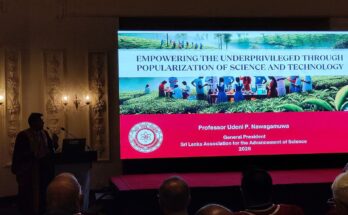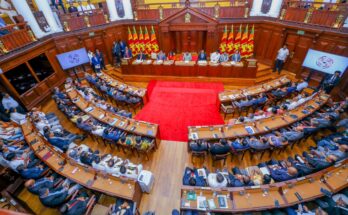Over the past few decades, a growing epidemic of chronic kidney disease of unknown origin (CKDu) has appeared across Sri Lanka’s north-central province and surrounding areas. Although the disease has attracted significant levels of medical and scientific investigation, sociological and especially qualitative accounts remain limited. A mini workshop on the above topic was held on 19th May 2017 at Colombo

The purpose of this workshop, which is funded by the Welcome Trust, is to provide an informal environment to share research both in progress and recently completed, as well as to identify possible areas for future collaboration and grant activity on sociological perspectives.

The session was introduced by Dr Tom Widger of Durham University who is engaging in a few research works in Sri Lanka. He briefed an update on local and global social science research on CKDu
Dr Chandani Liyanage, Colombo University talked about Healthcare seeking behavior and illness management strategies of CKDu patients and their families.
Ms. Nari Senanayake of the Pennsylvania State University presented on conceptualizing CKDu as a problem of agriculture? Fragmented Science environmental narratives and agrarian transformation in the dry zone.
Professor Tudor Silva of University of Peradeniya, shared a proposal for a community based pilot project for prevention of and caring of non-communicable diseases.
Dr Sarath Ananda from Sabaragamuwa university shared some views on anthropological background information on CKDu affected people.
Mr Upul Wickramasinghe of Durham University talked about Water, health, and kidney disease in Sri Lanka: perspectives from anthropology and chemistry
The open discussion raised various facts and issues including a lot of perspectives of patients over the traditional medicine and western medicine, water selling business which Sri Lankans opposed sometimes back, informal information sharing mechanisms among patients and their families, why patients are hiding some important information from medical practitioners, patients’ interpretations of the disease, psychological impacts on knowing their screening results.
This was a very good initiative as per Sri Lankan Scientist Magazine. The issue has become multi-faceted and to make the most effective prevention, diagnosis and curing, there must be a multidisciplinary approach.



